King Charles coronation: Time for royals to face up to Britain’s anti-LGBTQ+ colonial legacy, experts say
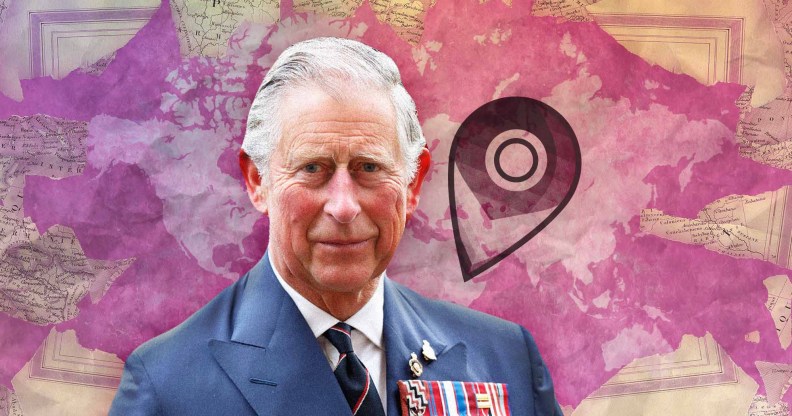
Fro many, the coronation of King Charles III serves as a reminder of Britain’s colonial legacy. (Getty)
At King Charles’ coronation, the public will be asked to pledge their allegiance. But many would much rather bid farewell to the monarchy entirely, given its ties to colonialism and anti-LGBTQ+ laws around the world.
In 1952, the same year that Queen Elizabeth II acceded to the throne, British forces declared a state of emergency in Kenya.
At that time, Kenya was part of the British Empire, the size of which was declining as colonies began to seek independence.
When the Kenyan Mau Mau movement advocated violent resistance against colonial rule, the British responded with brute force. In the years that followed, more than 20,000 Kikuya people were put in detention camps. 11,000 rebels died in the fighting.
The Mau Mau rebellion is one of the most pertinent examples of the horrors people were subjected to by British colonialism. For many, the British monarchy is intrinsically tied to that harm – the royals ruled over the empire, profited heavily from it, and, it’s argued, were complicit in it.
Many believe King Charles’s coronation is a perfect opportunity to face up to this history and reflect on whether the monarchy should even continue to exist.
Jeremiah Garsha is an assistant professor in modern global history at University College Dublin (UCD). He points to the violence inflicted by the British, underlining that the Mau Mau rebellion happened in living memory.
“There have been many [rebellions] before throughout the British Empire but this is when they cracked down with horrific violence – the use of concentration camps, the use of counterinsurgency, trying to starve people out, arresting people and then mass hangings and executions as well. The striking fact is that this is the time when my parents were alive. The victims are still with us.”
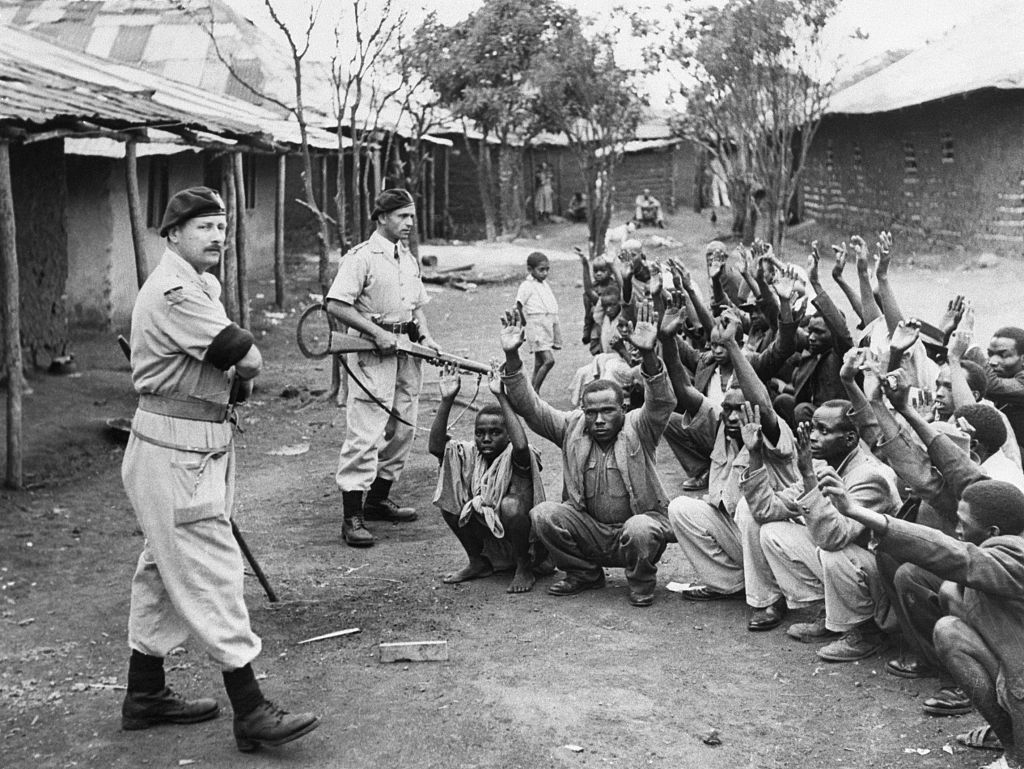
Garsha believes it’s long past time British society had a serious discussion about the impacts of colonisation – but there’s a long way to go before that can happen.
“We can’t even get the British prime minister to apologise for slavery,” Garsha says.
“With [Queen Elizabeth II] gone and, dare I say, a much less popular monarch now coming on to the throne… now is the time to change it and to re-establish it. It’s long overdue. I do think that 2023 is going to be that watershed moment where we look back at it and see that there is not a place for a monarchy anymore in a new Britain.”
The British Empire is responsible for LGBTQ+ laws around the world
Homophobia is one of the many lingering legacies of the British Empire.
Human Dignity Trust is an organisation that works with local activists to overturn laws criminalising LGBTQ+ people globally. It currently counts 67 countries where same-sex sexual activity is criminalised, and more than half of those have laws on the books that were first put in place under British rule.
Around the world, “LGBT people are outlawed by legislation criminalising same-sex sexual activity and through so-called ‘cross dressing’ laws and public order offences, which disproportionately affect trans people”, says Emma Eastwood of Human Dignity Trust.
“Many of these laws remain virtually unchanged since they were first introduced in 19th century. The British Empire first tested modern forms of criminalisation in its colonies, in India and Australia for example, before introducing them in the UK itself,” Eastwood explains.
Throughout Queen Elizabeth II’s reign, the British Empire as it had been known gradually fell away was replaced by the Commonwealth, a “voluntary association” of nations. In modern times, many independent countries have begun working to recant anti-LGBTQ+ laws, but it can be difficult to undo generations of attitudes.
As a result, LGBTQ+ rights across the Commonwealth are changing “rapidly, though unevenly”, Eastwood says.
“While a number of countries have recently decriminalised homosexuality, others, such as Uganda, have introduced legislation to enhance existing laws.
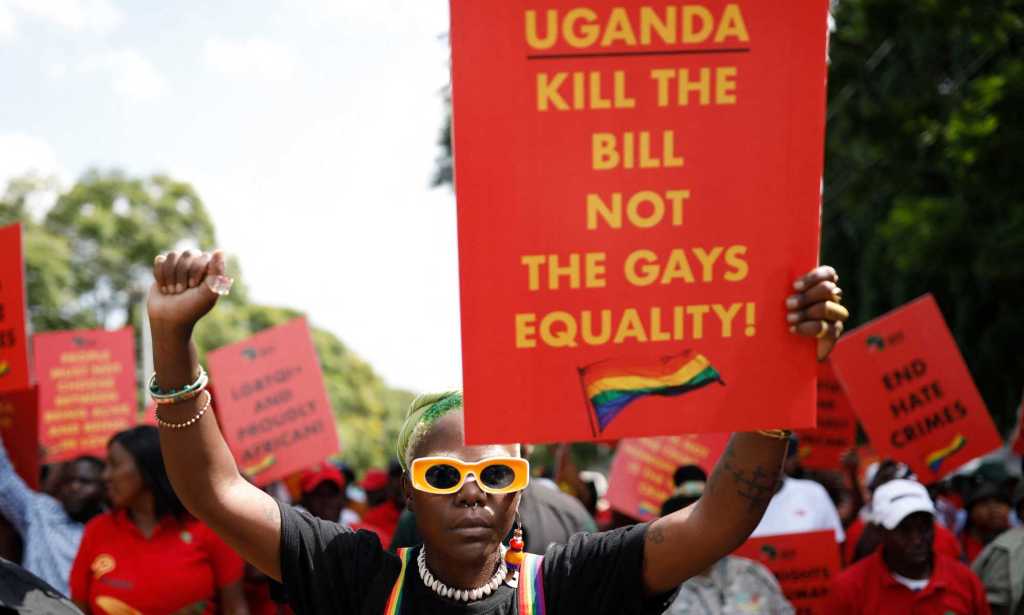
“Some of these proposed laws increase the penalty for same-sex acts, up to the death penalty in some cases, and criminalise not just acts but LGBT identity itself. LGBT organisations are criminalised, whilst restrictions on the freedom of speech of LGBT people and their allies to voice support for LGBT communities also figure in these bills.”
As King Charles’ coronation approaches, Eastwood says it’s “hugely important that people of all ages in the UK are cognisant of colonialism and its after-effects”, and that the government owns up to the nation’s past.
Eastwood notes that then-prime minister Theresa May acknowledged Britain’s role in anti-LGBTQ+ laws around the world in 2018, calling it “an important and pivotal moment in addressing responsibility and paving the way for increased support for the global LGBT movement”.
“Given this legacy, the UK has an important role in supporting LGBT people around the world,” she adds.
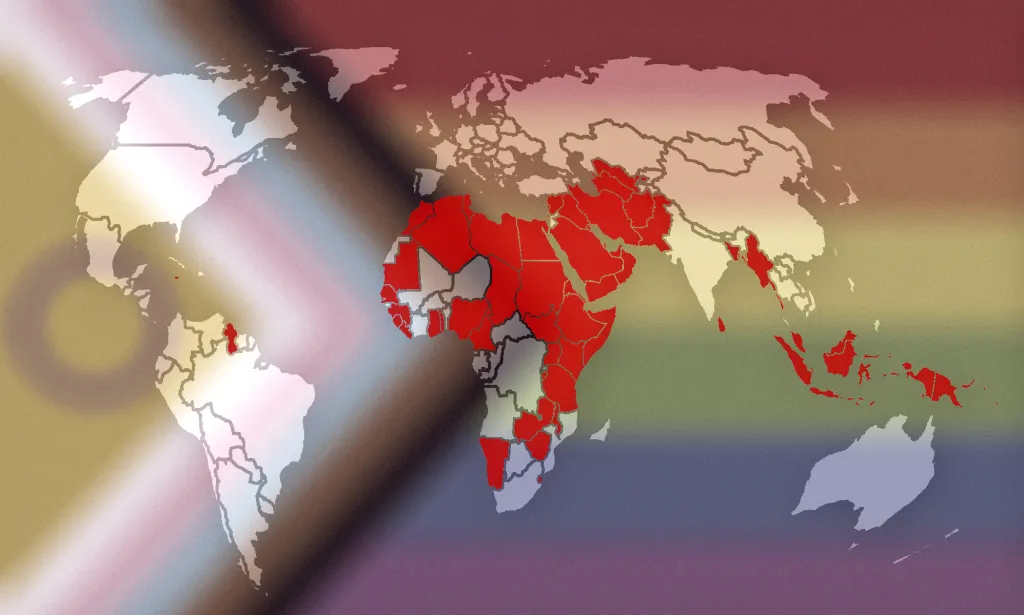
“Of course, the UK government has to be cognisant of not reproducing a colonial dynamic, it should, and in certain ways already does, do that by being led by priorities of local LGBT communities and supporting their struggles financially and diplomatically, but it should work with allies in governments of all stripes, and support a diverse range of voices to defend LGBT rights globally.”
“Only by understanding our shared history may we find ways to overcome the failures of the past,” she adds.
But as far as the monarchy goes, there has been no sign that it plans to face up to this history.
King Charles has failed to acknowledge LGBTQ+ rights across the Commonwealth
Like his mother, King Charles hasn’t gone on record with any statements of support for LGBTQ+ rights, either at home or across the Commonwealth, of which he is the head.
Graham Smith, CEO of pro-abolition Republic, has been waiting years for the monarchy to be abolished – like Garsha, he believes the coronation of King Charles is a particularly pertinent moment for reflection.
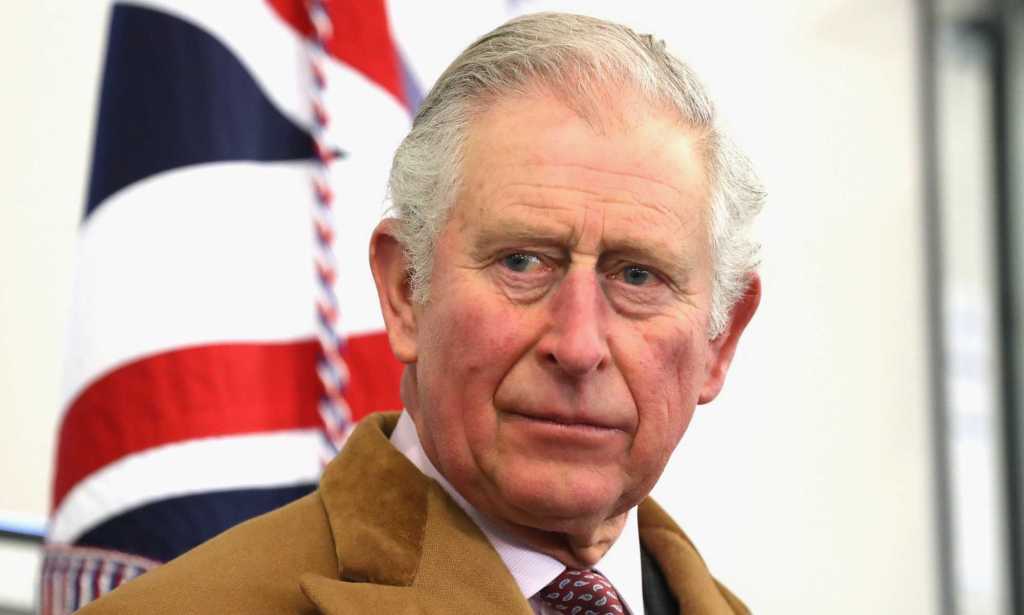
“He’s certainly talked about human rights for Christians, the Tibetans, but he’s never said a thing about human rights for LGBT people in the Commonwealth. I think that’s pretty poor,” Smith says.
As far as he sees it, now is the time British society stepped up and initiated a serious discussion about abolition – one that takes into account the harms inflicted by colonialism.
“In a sense the modern monarchy was built on the back of empire and the empire has had a devastating impact on peoples lives and still does in that those anti-LGBT laws originated from colonial rule. This is not a legacy we should be proud of and it’s not an institution that has done good for people around the world, so it should be abolished.”

